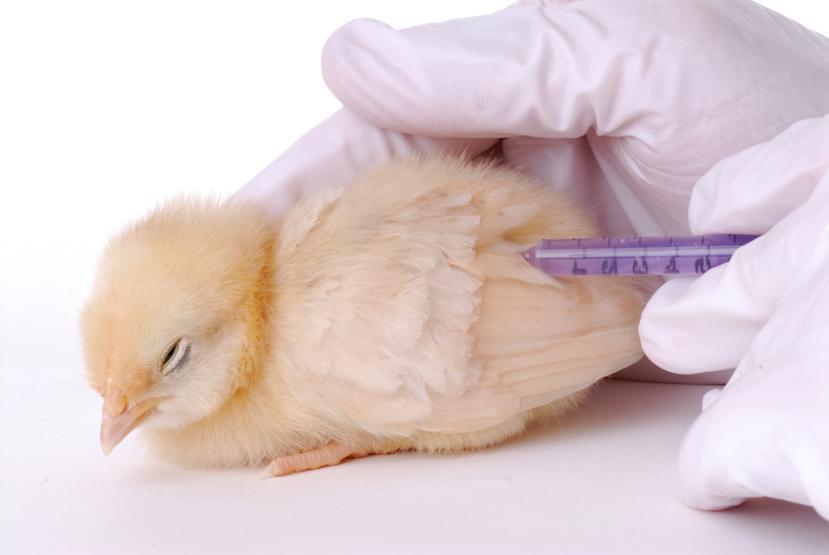What is the Bird Flu?

Bird flu is a viral infection in birds. It is also known as avian flu or avian influenza. Different strains of this virus are seen infecting birds, the latest being H5N1. It is a highly pathogenic virus and may spread from birds to mammals including man. The virus may cause death in many of the infected organisms. In human beings, the death rate has been 60% of all those who were infected. H5N1 virus spreads from one person to another through very close contact with the infected person. The natural carriers of these viruses are the wild ducks from where the infection spreads to domestic fowls.
The infection spreads from bird to humans mainly through close contact with the birds. Cleaning of infected birds also seems to spread the infection. Contamination of water with bird droppings is yet another reason for the spread. People who use the contaminated water for bathing, drinking, or swimming may get infected. But, eating cooked eggs does not cause any harm. The spread of this infection from human to human is very rare. But it is possible once the virus mutates into a human flu virus that may cause havoc. In general, whenever a virus starts affecting poultry, the affected fowls are culled to prevent further spread of the disease.
Symptoms of H5N1 infection are similar to normal human flu. As the condition progresses, it may affect the respiratory system that can lead to death. In some cases the infection may affect brain and digestive system as well. If one has travelled to a place where this infection is common, it is better to meet the doctor if you get flu-like symptoms. H5N1 infection may cause severe conditions that require hospitalization and isolation.
One of the most dangerous scenarios is an H5N1 infected person getting normal flu virus infection at the same time. It is possible that the two viruses may exchange their genetic content and become an infectious human flu virus much deadlier than the normal flu.
But there is relief now – Bird flu vaccines are available to prevent infection in humans. These vaccines are given along with certain antidotes to prevent H5N1 infection. Few drugs are also available to relieve the symptoms of bird flu. These medications should be taken as soon as one sees any of the symptoms associated with bird flu.









